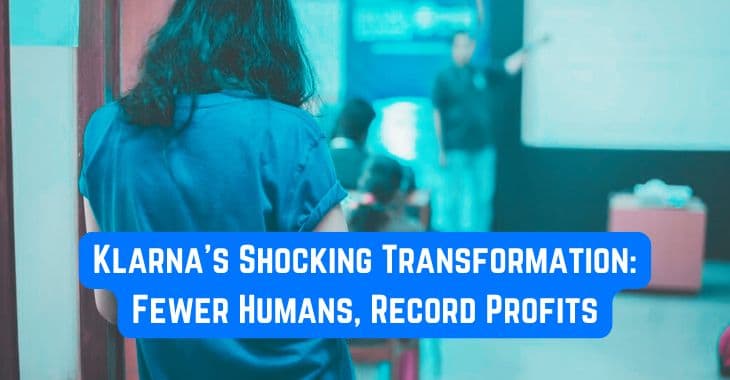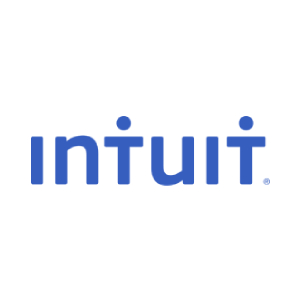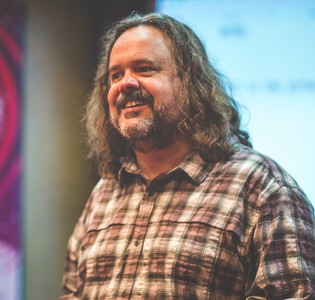Klarna’s Shocking Transformation: Fewer Humans, Record Profits

In a statement that sent shockwaves through the business world, Sebastian Siemiatkowski, CEO of Klarna, declared:
“AI can already do all of the jobs that we as humans can do… we stopped hiring about a year ago.”
Let that sink in: a $6.7 billion fintech giant just said they no longer need human employees to grow their business.
The result? Klarna has emerged as the perfect case study of what’s happening behind closed doors across industries:
- 1,000 fewer employees
- 17% higher business volume
- Record profits with zero new hires
Klarna now processes 2 million transactions daily in 45 countries, leveraging AI to make complex financial decisions, assess risks, and handle customer interactions—tasks previously handled by humans. The terrifying part? Klarna is one of the first companies to admit this publicly. Many more are following suit quietly.
The Brutal Numbers: How AI is Changing the World of Work
The future of work is here, and it’s not looking rosy for traditional jobs. Consider these projections:
- By 2034, 800 million jobs will be replaced by AI and automation (McKinsey)
- By 2030, 70% of office tasks will be automated (McKinsey).
- AI is expected to contribute an eye-popping $19.9 trillion to the global economy by 2030 (IDC).
- Meanwhile, 95% of today’s workforce is not prepared for this shift (World Economic Forum).
The World Economic Forum adds another chilling insight: only 5% of jobs will remain entirely unaffected by AI.
Why Klarna’s Move Should Terrify — and Inspire — You
Klarna isn’t just another fintech startup experimenting with AI. They’ve restructured their business to fully embrace the technology, becoming a lean, AI-first organization. And they’re reaping the rewards.
What Klarna is doing today—achieving more with fewer people and more machines—is already being replicated across industries:
- Banks are automating credit analysis and fraud detection.
- Insurance companies are using AI for claims processing and customer service.
- Healthcare providers are turning to AI for diagnosis and administrative work.
- Law firms are deploying AI to scan legal documents and draft contracts.
These are jobs that, just a decade ago, were considered immune to automation.
The Math Behind the New Reality:
- Company A: 100 employees
- Company B: 10 employees + AI
Both deliver the same value.
Who wins? Company B. Every single time.
The Silent Revolution: AI in the Shadows
While Klarna is vocal about its transformation, other companies are quietly transitioning to AI-first operations. Here’s what’s happening behind the scenes:
- Fortune 500 giants are building departments run entirely on AI.
- Tech leaders like Amazon and Google are experimenting with AI-only workflows.
- Traditional industries like logistics, media, and even agriculture are using AI to replace entire teams.
This isn’t just innovation—it’s survival. Companies that master AI will dominate their markets. Those that don’t will fade into irrelevance, much like
Blockbuster in the era of Netflix.
Industry Leaders Are Sounding the Alarm
AI’s rapid acceleration is so transformative that even the brightest minds in tech are issuing warnings:
- Sam Altman of OpenAI says an AI agent acts like “a really smart senior co-worker who you can collaborate on a project with.”
- Elon Musk says “AI is the biggest risk to the future of civilization”.
The evidence is piling up:
- 1 in 7 workers have already lost their job to AI (New York Post).
- Entire industries are disappearing overnight (Forbes).
- Decades-long careers are becoming obsolete in months.
The question isn’t “Will AI take my job?” The real question is, “How soon will it happen?”
How to Survive (and Thrive) in the Age of AI
For workers and businesses alike, the AI revolution is both a threat and an opportunity. The winners will be those who adapt quickly. Here’s how:
- Learn to Orchestrate AI Systems: Understanding how to deploy and manage AI tools will be a critical skill. Tools like ChatGPT, DALL-E, and OpenAI Codex are just the beginning.
- Build Skills AI Can’t Replicate (Yet): Focus on areas like creativity, emotional intelligence, and strategic thinking— skills that remain uniquely human for now.
- Position Yourself at the Intersection of AI and Human Insight
Find ways to complement AI’s capabilities rather than compete against them. Businesses need leaders who can align AI’s potential with organizational goals.
The Harsh Reality: The Clock Is Ticking
Most people are still debating whether AI will change their industries. Meanwhile, companies like Klarna are already operating in this new world—and
thriving. By the end of 2025, there will be two types of companies:
- Those that mastered AI.
- Those that don’t exist anymore.
For individuals, the choice is just as stark: adapt or become obsolete.
As Sebastian Siemiatkowski said, “AI can already do all of the jobs we as humans can do.”The future isn’t coming—it’s here.






